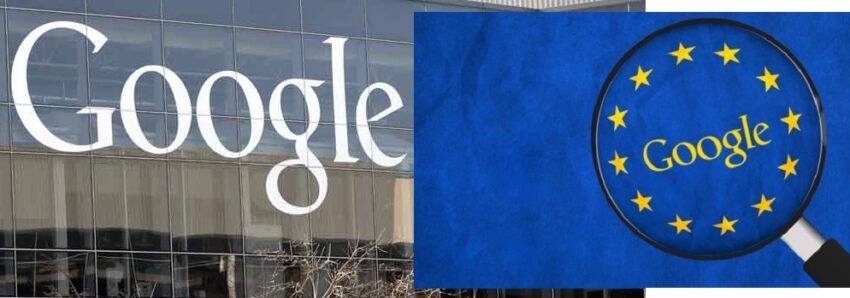But what was intended as a blow against perceived or actual “disinformation” is turning out to be a classic own goal: Instead of creating more transparency, the new regulations on political online advertising (TTPA) are driving established tech companies onto the offensive – with fatal consequences for the pluralism of opinion. Because, in view of the new Brussels bureaucratic monster, Google and Meta will no longer make their services available for political advertising. This benefits those who already control the algorithms: FPÖ, AfD, Fidesz, and Vox – Europe’s right-wing.
The regulation, which was actually intended to prevent manipulation, is accompanied by an “unacceptable level of complexity and legal uncertainty,” Meta complains in a statement. The result is not what its Brussels inventors intended: paid political advertising on Facebook and Instagram will be history as early as October 2025, and Google pulled the plug at the end of 2024.
But who needs paid reach when “organic” distribution, i.e., distribution generated through clicks and comments, is already running at full speed? Studies show that right-wing content is algorithmically favored because it often polarizes – the algorithms like that. A Global Witness report revealed that 78 percent of TikTok recommendations to new users were pro-AfD, while on X [formerly Twitter], the rate was 64 percent. The Austrian Freedom Party (FPÖ) achieves up to 400 shares per post with posts by its leader Herbert Kickl – the SPÖ and ÖVP can only dream of such figures.
The numbers are clear: in Germany, the AfD recorded 17.5 million interactions on social media in January/February 2025 alone—more than the CDU and SPD combined. Vox in Spain expanded its Telegram community and achieved a whopping 12.4 percent in the 2023 EU elections. And Fidesz, Hungary’s dominant party, has relied on a network of paid influencers for years.
While the established parties try in vain to match the right in terms of popularity and reach, the latter confidently uses the rules of the game to their advantage: polarization works, algorithms reward outrage – and once you go viral, you remain visible.
This wasn’t what the EU Commission had in mind. The very people Brussels wanted to put obstacles in their way are the ones who are benefiting the most. While mainstream media, NGOs, and the established cartel parties are taking the back seat, the FPÖ, AfD, and others are consolidating their digital dominance – without any advertising budget. The bottom line is that the EU has not only scared off the tech giants, but has also set the stage for even more polarization online.
The post Brussels Scores an Own Goal appeared first on Free West Media.
Click this link for the original source of this article.
Author: fwmstaff
This content is courtesy of, and owned and copyrighted by, http://freewestmedia.com and its author. This content is made available by use of the public RSS feed offered by the host site and is used for educational purposes only. If you are the author or represent the host site and would like this content removed now and in the future, please contact USSANews.com using the email address in the Contact page found in the website menu.





